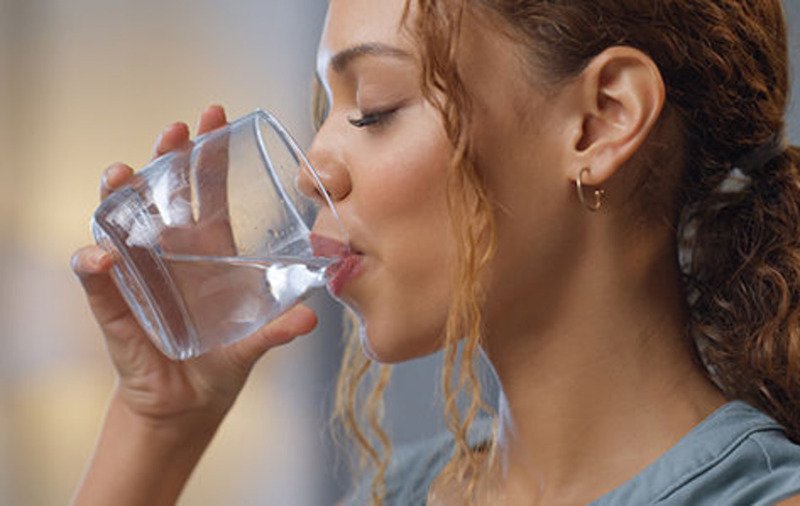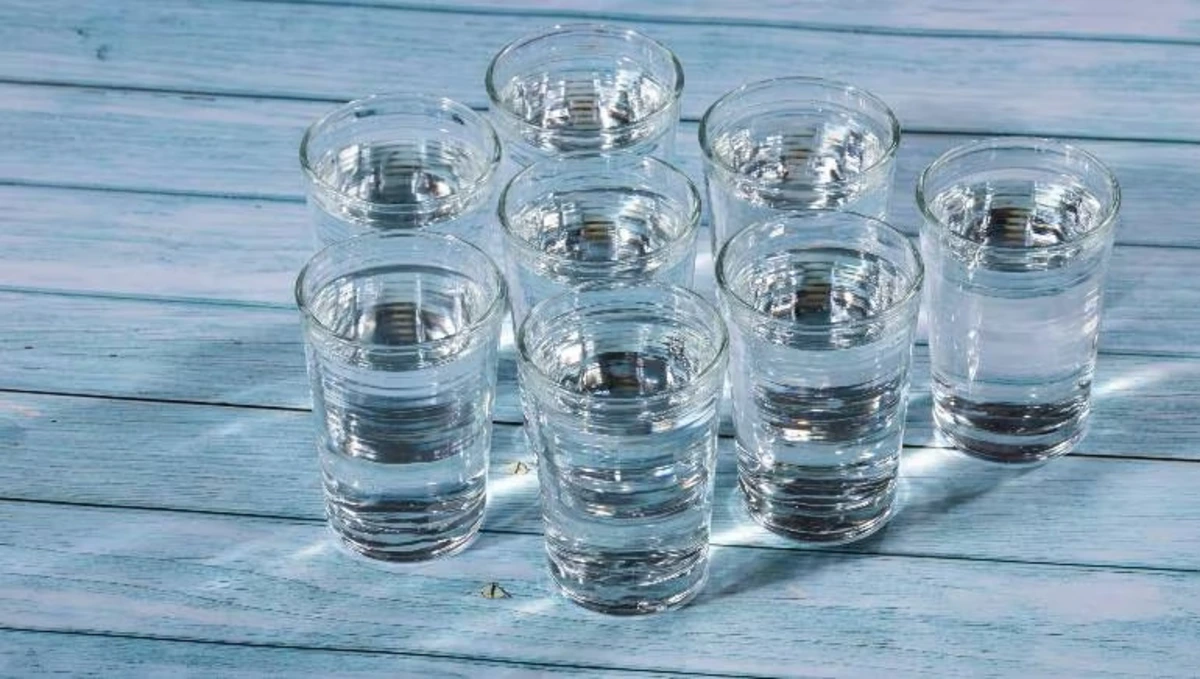Staying hydrated is crucial, but excessive water intake can lead to overhydration or water intoxication. This rare condition disrupts the balance of electrolytes, especially sodium, potentially causing nausea, confusion, or seizures. It’s important to drink water in moderation and heed your body’s thirst signals.

How Does Overhydration Happen?
Water is essential for various bodily functions, but consuming too much can overwhelm the kidneys, which filter about 0.8 to 1 liter of water per hour. When intake exceeds this capacity, it dilutes sodium in the bloodstream, leading to hyponatremia, or low sodium levels. This imbalance can result in serious health issues.
Signs of Overhydration
The symptoms of water intoxication can resemble those of dehydration, which makes it harder to identify. Common signs include:
- Nausea and vomiting
- Headaches
- Confusion or disorientation
- Muscle cramps and weakness
- Swelling in the hands, feet, or lips
In severe cases, water intoxication can cause seizures, coma, and even death due to brain swelling.
Interesting Read
Preventing Overhydration
Here are a few tips to avoid drinking too much water:
- Listen to your body: Thirst is your body’s natural signal that it needs water. Drink when you’re thirsty rather than forcing yourself to drink set amounts at regular intervals.
- Balance electrolytes: If you engage in long or intense workouts, make sure to replenish your body with electrolyte-rich drinks to balance sodium levels.
- Monitor urine color: Clear or light yellow urine indicates good hydration. If your urine is consistently clear, you might be overhydrating.
How much water do you need in a day?
Dr Tayal mentions that water requirements depend on factors such as climate, physical activity, and overall health, but the general recommendations are:
- Men: Approximately 3.7 litres (125 ounces) of total fluids per day (including water, other beverages, and food).
- Women: Approximately 2.7 litres (91 ounces) of total fluids per day.
Conclusion
While staying hydrated is critical, it’s important not to overdo it. Drinking water is essential, but more isn’t always better. Pay attention to your body’s needs and be cautious of excessive water intake, especially during exercise or in conditions that promote heavy sweating. By maintaining a healthy balance, you can avoid the risks of overhydration and keep your body functioning optimally.







